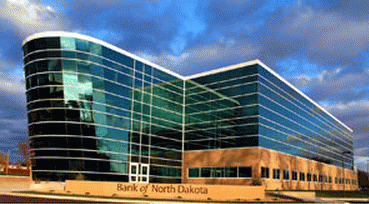In the decades after World War
II, the American people built up the greatest and most broadly shared
prosperity the world had ever seen. But for about the past forty years, the
vast wealth of America has been steadily concentrated among a relative handful
of our citizens.
This period of declining
prosperity for the 99 percent has corresponded exactly with the decline of
American unions. It does not take a rocket scientist to understand that strong
unions are vital to a broadly prosperous and democratic America.
As the son of a steelworker, I
know what a strike is like, in the winter, when your family is forced to choose
between heating oil and electricity. My dad retired with the dignity and
security of a pension and good health care. I know first-hand what unions did
for my family and millions like it.
Today, many millions of
Americans are daily making the choices our family made only during a strike:
forced to choose between the mortgage or rent, and food or medicine, between
health care or education, keeping the car in good repair or clothing.
How can the political muscle
of unions be restored?
To answer that question, it is
important to understand that political power flows from wealth; and as wealth
is concentrated, so too is political power.
Today in the United States and
Europe, the concentration of wealth and political power has become so grotesque
as to threaten the very survival of democratic government.
But Americans are awakening to
the threat, and there is a growing movement to challenge and break the greatest
and most lawless concentration of wealth and power: the "too-big-to-fail" and
"too-big-to-jail" private banking cartel of Wall Street and the Federal
Reserve.
The tool needed to get that
job done is the creation of a network of "public" banks, modeled on the hugely
successful Bank of North Dakota (BND).
Bank of ND headquarters, from Bank of ND website
Public banks at the state,
county or municipal level are capitalized with public funds, which are then
leveraged in partnership with local, community banks and municipal governments to
provide the sustained and affordable
credit that is essential for economic development and jobs creation in the
modern economy.
The profits of such a bank are
returned to its one and only shareholder -- the people -- as non tax revenue.
These banks are managed by civil servants who receive no outsized salaries,
bonuses or commisions -- no incentive to take the reckless risks that crashed
Wall Street.
And as the Public banking
Institute (PBI) chairperson, Ellen Brown has explained, public banks can take a
huge bite out of the interest -- the debt service borne by taxpayers -- on the
financing of capital and infrastructure projects; such as schools, highways and
bridges and water treatment facilities.
Finally, public banks will
correct a dangerously dysfunctional private banking system.
It is reported that nine banks now hold 75 percent of all assets in the U.S. banking system: $11.5 trillion. The balance of assets is held by the remaining 7,307 banks; a number forecast to be reduced in the next two years by 2,000, as the rules of Dodd Frank, written by the big banks, take effect.
(Note: You can view every article as one long page if you sign up as an Advocate Member, or higher).






